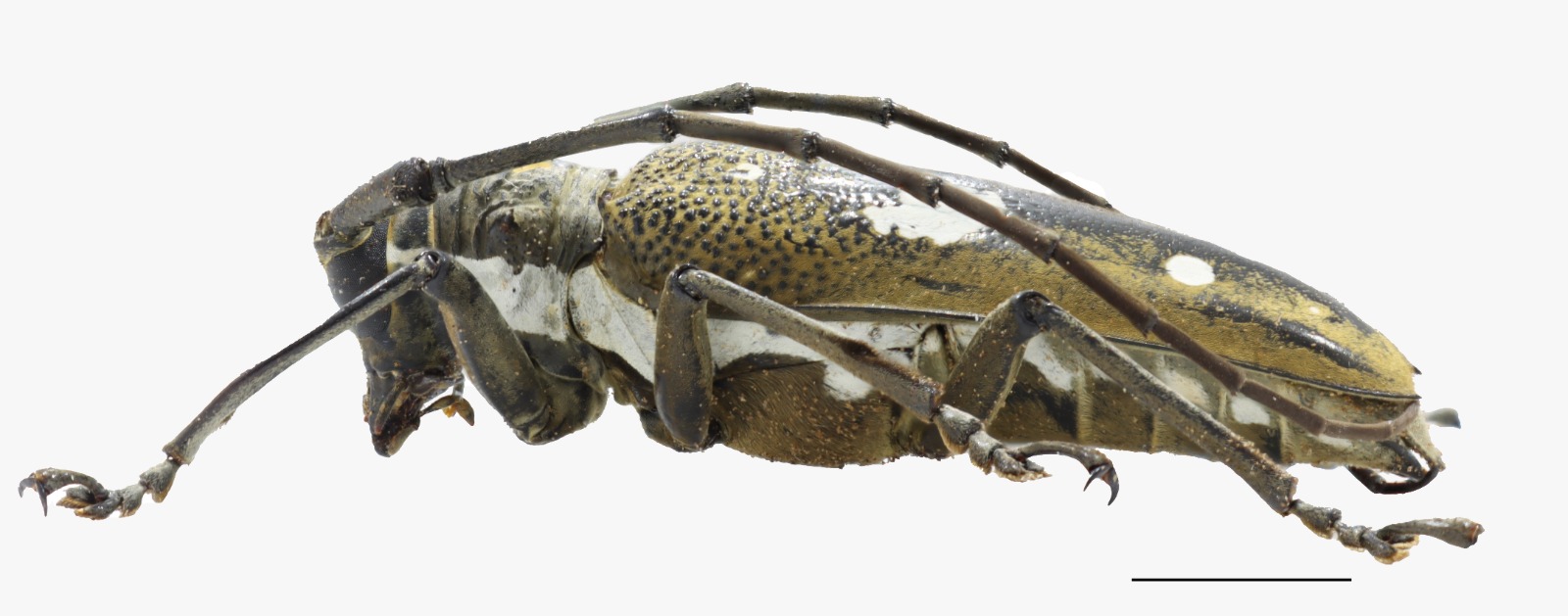Main Article Content
Abstract
Plant resources utilization is one ecological force promoting extinction risk in the plant kingdom. Many plant species have been wiped off the globe due to this factor. This is what makes studying human perception in relation to utilization of biological resources very important especially the threatened species. This study consider a threatened tree species Terminalia ivorensis that is found in Nigeria. Local people from a small locality within the Southwest region of Nigeria were interviewed in this study. The result of this study revealed wide range of uses this species is collected for in the wild. Which implies the local people are very familiar with this plant species to be collected for different purposes. Most of the parts of this plant species are used for one purpose or another. This study conclude that continuous indiscriminate collection of this species will keep declining the population in the wild and also aggravate the risk of extinction. It is recommended that the local people be sensitized on the sustainable utilization of this species and also government regulation that discourage indiscriminate harvest of this species should be enacted.
Article Details

This work is licensed under a Creative Commons Attribution-NonCommercial 4.0 International License.
Authors who publish with this journal agree to the following terms:- Authors retain copyright and grant the journal right of first publication with the work simultaneously licensed under a Creative Commons Attribution License that allows others to share the work with an acknowledgement of the work's authorship and initial publication in this journal.
- Authors are able to enter into separate, additional contractual arrangements for the non-exclusive distribution of the journal's published version of the work (e.g., post it to an institutional repository or publish it in a book), with an acknowledgement of its initial publication in this journal.
- Authors are permitted and encouraged to post their work online (e.g., in institutional repositories or on their website) prior to and during the submission process, as it can lead to productive exchanges, as well as earlier and greater citation of published work (See The Effect of Open Access).

